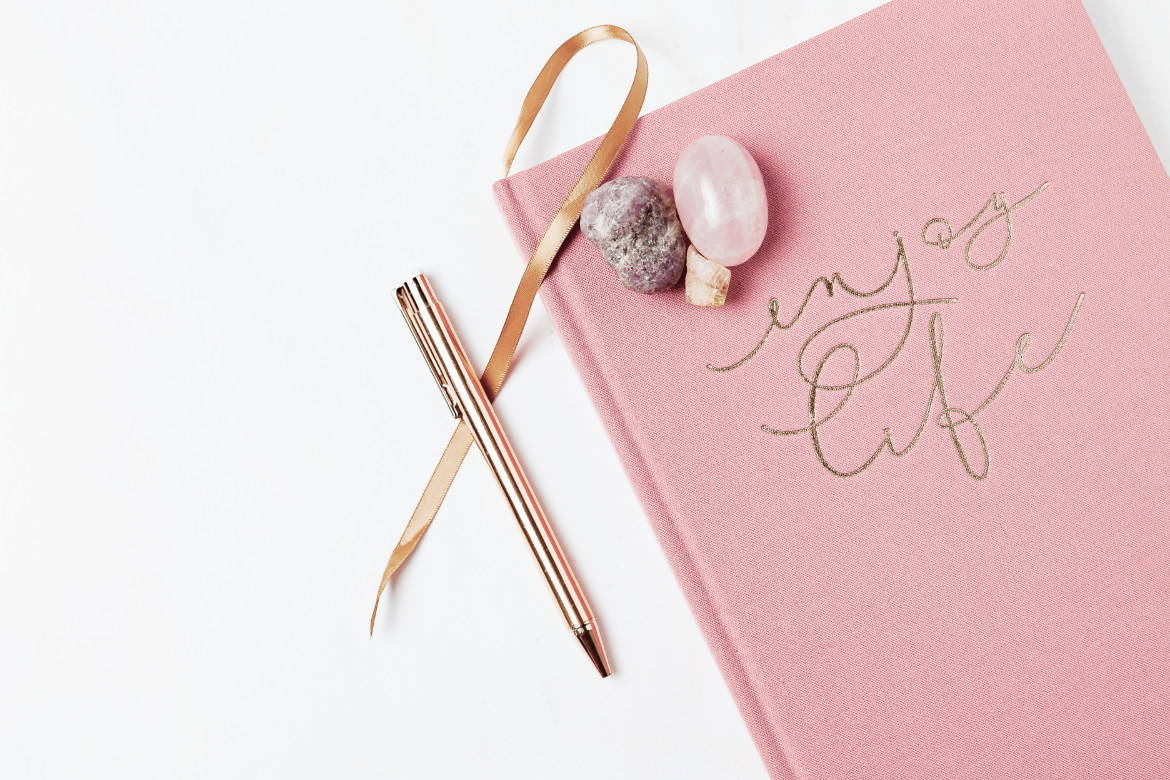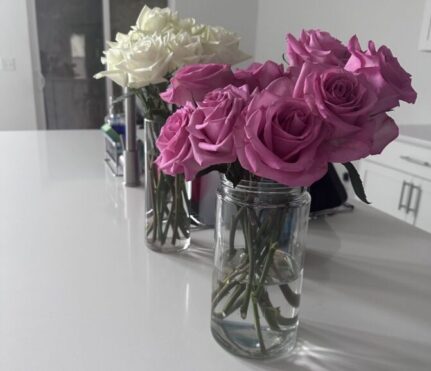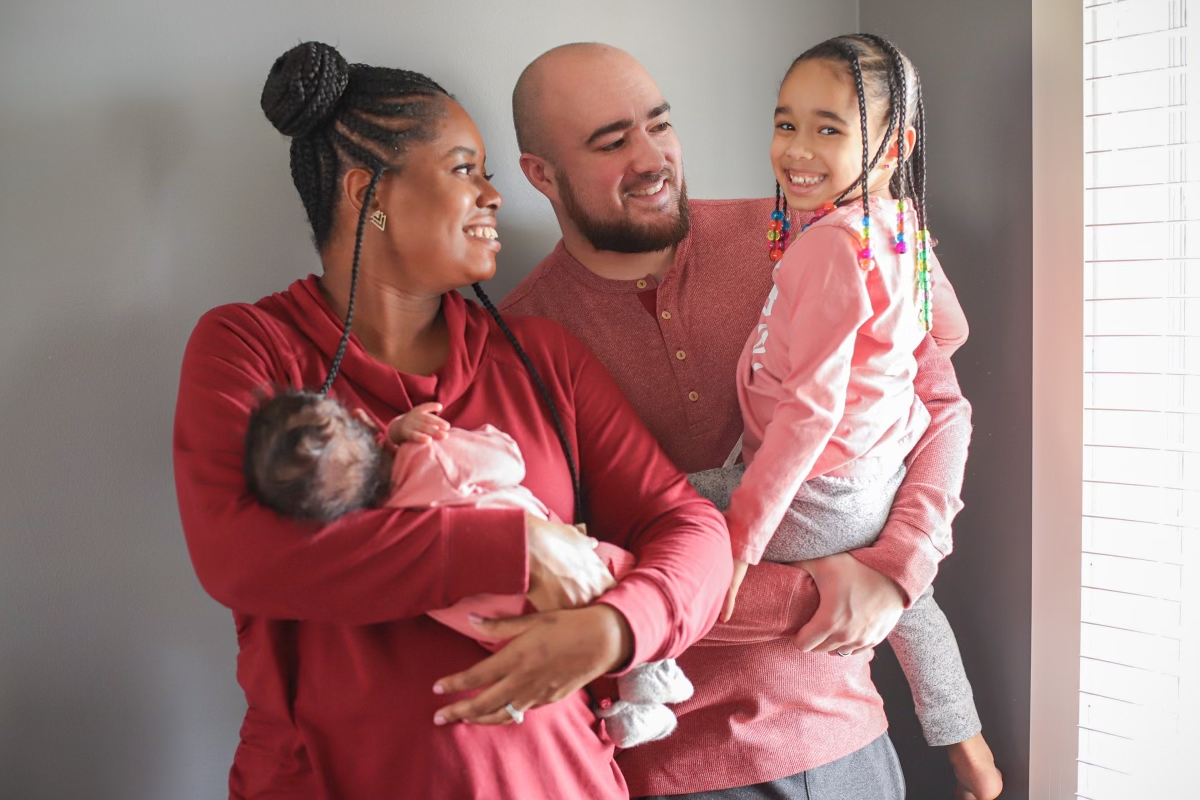
Imagine attending an outdoor event and during halftime, you decide to go grab something to eat.
While waiting in line, the lady in front of you turns around and analyzes your hair. You can tell she’s curious, and you smile at her, acknowledging her interest.
She sees your reaction, turns back around and continues to eat her nachos and cheese.
Ten minutes go by.
Uneventful.
As expected.
But to your surprise, the lady turns around with sticky nacho cheese dripping off her fingers, and without saying a word, grabs your hair followed with the statement, “Your hair is so cool, how’d you do it?”
Imagine the horror as she ignores your obvious delayed response and continues to tug at your hair, taking the time to caress it and really try to figure it out.
And while being in a daze, you manage to mutter the words:
Please, don’t touch my hair.
Just simmer on that for a moment.
Can you imagine having that actually happen…in public?
As gross and as ridiculous as that sounds, this happened to me.
In fact, it happens to me.
Yes, you read that right – past tense and present tense.
As a black woman, I constantly experience the “well-intentioned compliment” of touching my hair by others (usually white people). It happens in the grocery store, at public events, at hotels, while shopping and the list goes on.
By my own definition, it’s an uninvited form of petting. And it happens so often that I’ve learned a directory of warning signs, including:
Of course, there are moments (as I shared above), where I just don’t see it coming.
But overall, two things remain the same.
(1) It’s an invasion of my privacy.
And (2) the only armor I usually have in one these moments is the statement, “Please, don’t touch my hair.”
Side Note: I could slap someone’s hand away but then that opens another can of worms, where I’m being called “uptight” or “an angry black woman” for reacting to an entitled violation of my privacy.
Here’s the truth, black women have been asking others to not touch their hair for a while now. So why is it that our pleas have been ignored?
Let’s all put aside our pretenses and face reality, ok?
Here’s the short list:
Whether it’s the color or texture of black hair, people are curious about what it feels like, why it feels that way, and how it was accomplished.
By itself, that curiosity is perfectly okay.
But when it’s paired with an uninvited touching of a black woman’s hair, that curiosity has to be addressed.
This reason includes two perspectives.
The first perspective is from people who are absolutely ignorant of the fact that it is offensive. I don’t presume to understand why but they assume that a black woman’s boundaries about her hair are different, basically approaching this situation from a childlike perspective.
And by that, I mean the approach my daughter takes when she sees something new – if it’s something she’s never come across before, she grabs it.
Cute, but I still tell her No when she’s crossed a line.
The second perspective is a complete disregard of what black women experience.
This type of person uses the logic that to address someone touching your hair is a form of whining and that a black woman would only bring this up because race has only recently become a “hot topic.”
They view being considerate and respectful of a black woman as a human as morally taxing. It’s such hard work and they’re tired of being told what they “can and can’t do.”
In fact, they think that as a black woman, I should just deal with it.
Um no. Just no.
Yes, I know at least one person who doesn’t mind other people touching their hair. But that’s not my preference or that of a majority of black women.
In life, we all have different preferences. That’s a fact.
But don’t use the preference of one person as a license to invade and disrespect another’s personal boundaries. It’s not a good look.
So, now that you know the context of why you still see people touching a black woman’s hair, and maybe you’ve done it yourself –> here’s how you can help support the “don’t touch my hair” cause and change our culture one action at a time.



Buying better, not perfect, in a world that wants it all to be black and white. In light of recent events… And yes, I mean

Let’s talk resilience, rebirth, and rising in the face of chaos. These beautiful roses reminded me that everything will be okay. You see, life’s been

I’ve got to admit, it’s been too long. I miss creating content, and I miss y’all – my readers and followers. It’s been 4 years
Discover SEO strategies, lifestyle content, and styling tips delivered right to your inbox.
Error: No feed with the ID 1 found.
Please go to the Instagram Feed settings page to create a feed.
Tamara Sykes
A digital marketer dedicated to helping you create a business and life that you love.
| Cookie | Duration | Description |
|---|---|---|
| cookielawinfo-checkbox-analytics | 11 months | This cookie is set by GDPR Cookie Consent plugin. The cookie is used to store the user consent for the cookies in the category "Analytics". |
| cookielawinfo-checkbox-functional | 11 months | The cookie is set by GDPR cookie consent to record the user consent for the cookies in the category "Functional". |
| cookielawinfo-checkbox-necessary | 11 months | This cookie is set by GDPR Cookie Consent plugin. The cookies is used to store the user consent for the cookies in the category "Necessary". |
| cookielawinfo-checkbox-others | 11 months | This cookie is set by GDPR Cookie Consent plugin. The cookie is used to store the user consent for the cookies in the category "Other. |
| cookielawinfo-checkbox-performance | 11 months | This cookie is set by GDPR Cookie Consent plugin. The cookie is used to store the user consent for the cookies in the category "Performance". |
| viewed_cookie_policy | 11 months | The cookie is set by the GDPR Cookie Consent plugin and is used to store whether or not user has consented to the use of cookies. It does not store any personal data. |